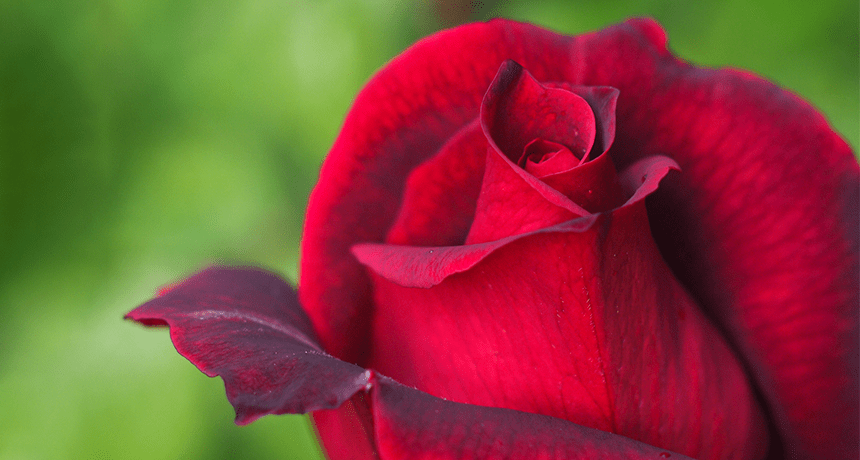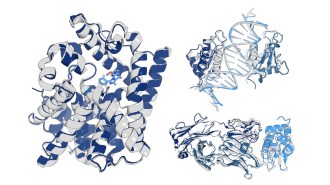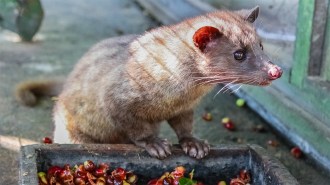Missing enzyme to blame for scentless roses
Discovery could help solve thorny problem for flower growers

FLAUNTING FRAGRANCE By comparing a sweet-smelling Papa Meilland rose (shown) with a bland bloom, researchers discovered a surprising enzyme critical to roses' aroma-making.
Takashi .M/Flickr (CC BY 2.0)






